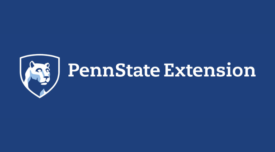Articles by Food Safety Magazine Editorial Team
BIZTRACKS
SGS Expands With New Food Safety Testing Facility in New Jersey
October 18, 2024
Never miss the latest news and trends driving the food safety industry
eNewsletter | Website | eMagazine
JOIN TODAY!Copyright ©2024. All Rights Reserved BNP Media.
Design, CMS, Hosting & Web Development :: ePublishing









